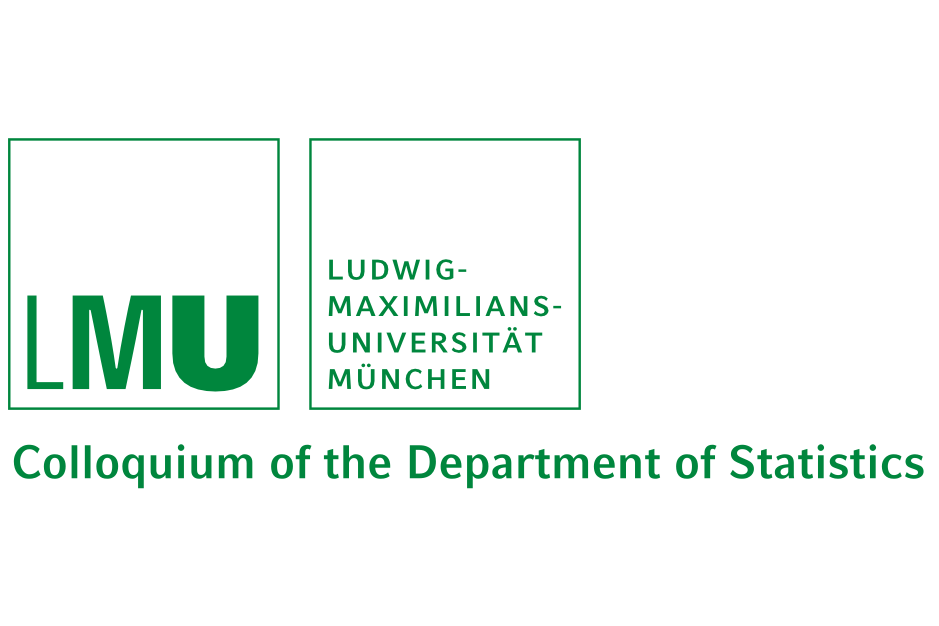23
Oct

Colloquium
Planetary Causal Inference: Understanding Society and Economy Through Earth Observation
Connor Jerzak, University of Texas
23.10.2024
4:00 pm - 6:00 pm
LMU Department of Statistics and via zoom
The book “Planetary Causal Inference” explores how Earth observation (EO) data can enhance social science research, advancing our understanding of human impact on the environment, society, and economy. While traditional methods using surveys and national statistics can be costly and limited, EO data from satellites offers a global, real-time per- spective for studying phenomena like urbanization, poverty, conflict, and deforestation at fine resolutions.
The book introduces causally-oriented EO-based machine learning (ML), where spatial data from images are analyzed to create proxies for social science metrics and for use in causal inference. These planetary causal inference methods can provide high-resolution insights into global social issues, offering new ways to assess conflict, sustainable development, and other phenomena.
By combining insights from geography, history, and multi-scale analysis, “Planetary Causal Inference” provides a foundation for researchers to address integrated questions across household, neighborhood, regional, and global scales. The book’s cookbook-style framework of ‘ingredients’ and ‘recipes’ empowers social scientists to adopt EO-ML methods, develop their own research approaches, and tackle pressing questions on a planetary scale.
Organized by:
Department of Statistics LMU Munich